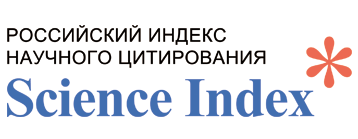SORPTION EXTRACTION OF RHENIUM BY DIFFERENT IONITES FROM URANIUM SORPTION COLUMNS
Keywords:
rhenium, sorption, model solution, uranium sorption mother liquor, anion exchange resins, desorptionAbstract
Introduction. This text discusses the importance of rhenium in modern science and
technology, particularly its significance in various production spheres due to its properties. The purpose of
this work is extracting rhenium is the mother liquors of uranium production. However, due to its low
concentration in raw materials, research into more advanced extraction methods is necessary. One such
method is sorption extraction of rhenium. Currently, extensive research is being conducted to obtain highly
effective sorbents for rhenium. Among the most promising are ion-exchange resins such as Purolite
A660/4759, Puromet MTS9300, SQD 201U, and Biolite 200U. Conditions for rhenium sorption using these
resins from standard, model, and mother solutions under various acidity levels have been studied, along
with conditions for desorption of this metal from the sorbents. The latter two, SQD 201U and Biolite 200U,
demonstrated high efficiency. Conclusion. They exhibited high rhenium sorption results from acidic
solutions, showing high selectivity in both sorption and desorption concerning rhenium. Their sorption
capacity for rhenium in strongly acidic solutions exceeded 21 mg/g. When sorbing from model and mother
solutions, these sorbents showed a rhenium sorption degree exceeding 60%. During desorption, the rhenium
desorption degree from these sorbents using a mixture of acids reached values higher than 85%. Therefore,
ion-exchange resins SQD 201U and Biolite 200U perform well in industrial solution conditions, allowing
their use in extracting rhenium from uranium mother liquors.

















